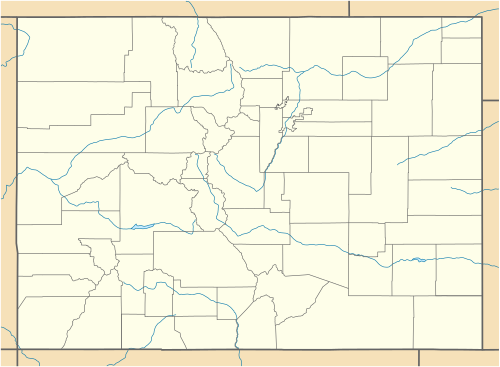History
The 1937 Junior College Reorganization Act laid the foundation for Colorado's existing junior colleges to flourish and local districts to start new junior colleges by providing for local district funding of junior colleges under Colorado's public school districts.
The Community College and Occupational Act of 1967 separated community colleges and vocational schools from sole local district control by establishing a State Board for Community Colleges and Occupational Education (SBCCOE) to share control of a new statewide system with local boards. The act was signed on May 27, and control of the functions, powers, and funds from the state board of education to the SBCCOE took effect on July 1, 1967. [5]
Two Colorado state House Bills brought more change in the late 1980s. In 1985, House Bill 1187 established the SBCCOE as the system governing body, local boards change to advisory councils, oversight of the community college and vocational program merge and the Community College of Denver System was split into three separate community colleges. In 1986, House Bill 1237 abolished and recreated the SBCCOE into its current configuration and mandated that the SBCCOE and Colorado's four-year institutions develop a core academic program for community college students. In 1988, that curriculum was implemented and guaranteed transfer agreements were signed with all Colorado four-year public colleges and universities. [6]
The redevelopment of the former Lowry Air Force Base brought additional land and building space to the SBCCOE. The Lowry Campus offers classroom space and the permanent headquarters of the Colorado Community College System.
This page is based on this
Wikipedia article Text is available under the
CC BY-SA 4.0 license; additional terms may apply.
Images, videos and audio are available under their respective licenses.



